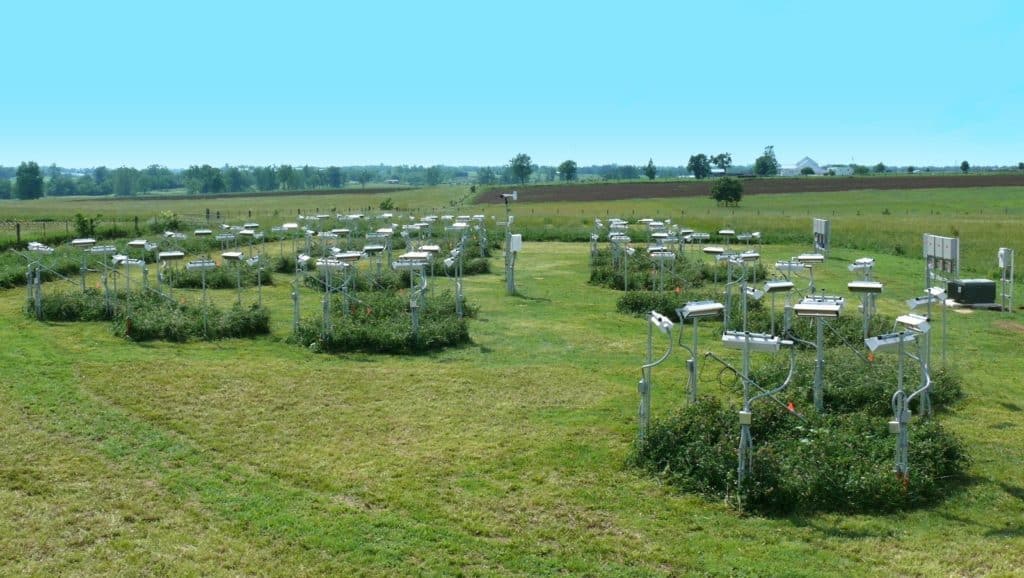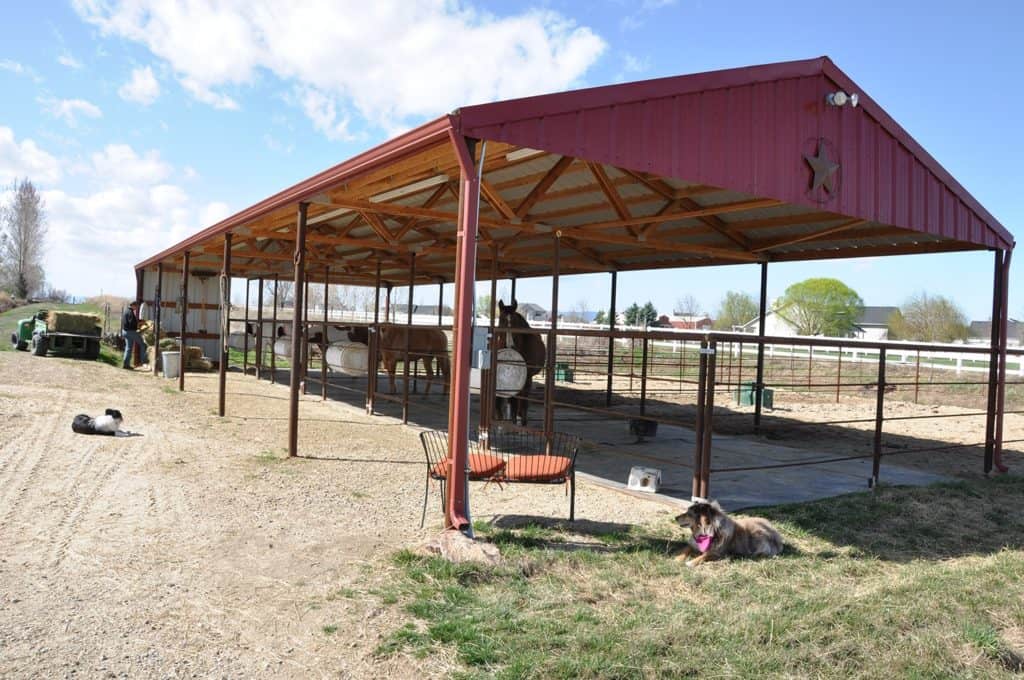
The Effects of Climate Change on Soil Microbes
Researchers examined how microbes reacted to warmer temperatures and increased precipitation during the growing season.

Researchers examined how microbes reacted to warmer temperatures and increased precipitation during the growing season.

From sucking off horseshoes to perpetuating thrush, scratches, and more, mud threatens your horse’s health. Get your questions answered about mud management, controlling water runoff, and treating mud-related horse health issues!

In many cases, a good shelter with adequate food is enough to keep horses warm during winter weather, researchers found.

In this two-part series, we’ll explore the two bale types and how to best utilize each. Here we’ll look at round bales.

Dry lots, sacrifice areas, and paddocks keep horses confined while allowing pastures to rest. Check out this slideshow to get ideas for creating your own equine confinement areas.

You might be surprised to find out with this introduction to GMOs.
A mystery illness suddenly struck down 14 horses across South Australia last year, eight of them fatally.

Alayne Blickle of Horses for Clean Water offers tips on selecting horse-safe fencing.

From toxins and molds to opossum droppings and animal carcasses, forage can contain a variety of harmful contaminants.
Michael Barrett, MS, PhD, is the Weed Science Society of America’s liaison to the EPA’s Office of Pesticide Programs.

After a tornado, fire, or other disaster hits your farm, how would you respond and rebuild? Here’s what to remember.

Learn what months are best for grazing horses on pasture from Alayne Blickle of Horses for Clean Water.

Creeping indigo was once studied for its potential as a livestock feed, but can be deadly to horses.

Here’s how to help your pasture outcompete weeds so you can avoid using toxic herbicides.

Here’s what you need to know about this important forage in your horse’s diet.

Trying to beat those weeds? Here’s a homemade herbicide recipe for tank sprayers or spray bottles that’s low in chemicals and caustic substances.
Stay on top of the most recent Horse Health news with
"*" indicates required fields